Keeping Farming Real - Episode 3
IFAD Asset Request Portlet
Asset Publisher
Keeping Farming Real - Episode 3
27 January 2020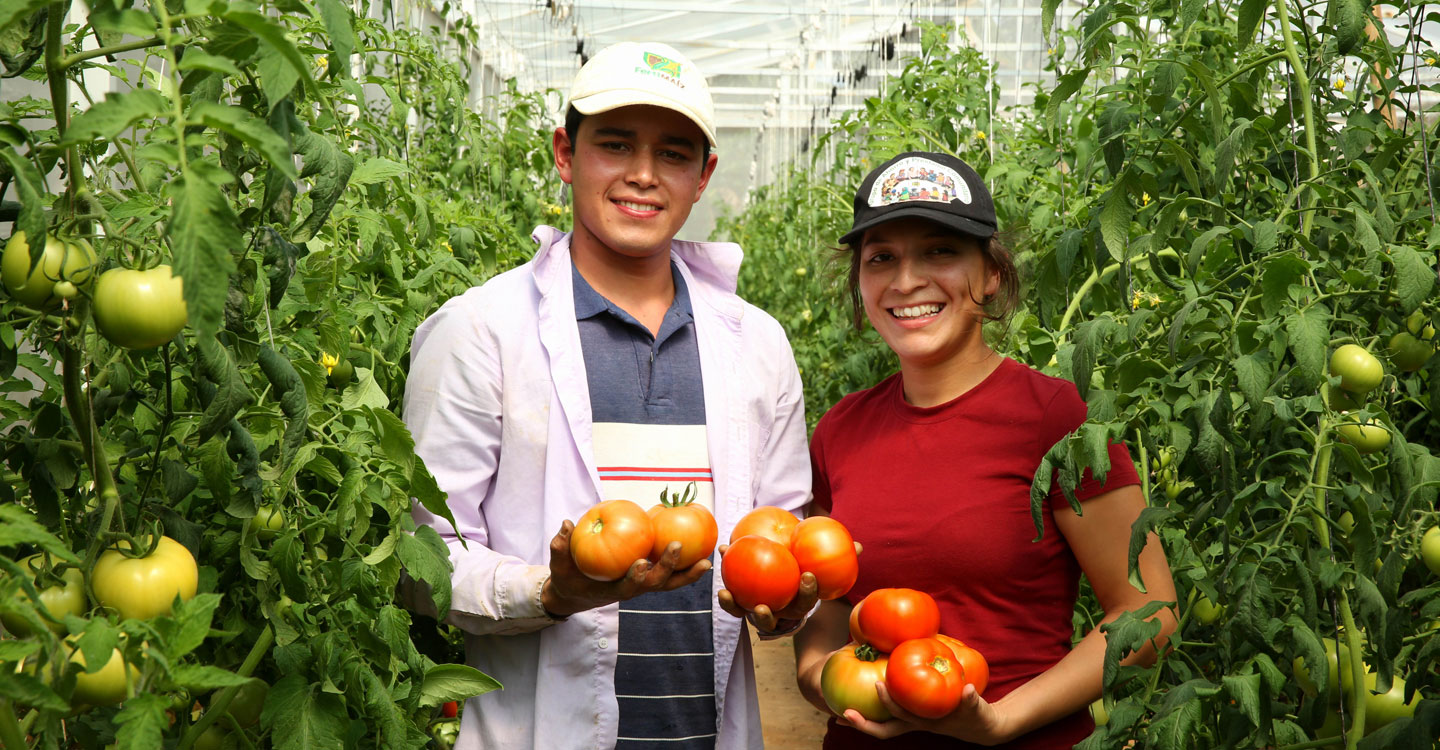
In this month’s programme we look at one of the most pressing issues facing farming today – that of youth and what’s being done to offer interesting and viable options for life on the farm for young people in developing countries.
We have highlights from IFAD’s Advocate for Rural Youth Sherrie Silver and African pop star Mr Eazi - that’s from their recent interview on the BBC. Also we’ll look at how IFAD is standing out from the crowd when it comes to getting the job done of development in rural communities in developing countries. And we have news on solar powered cookers and the latest IFAD report on Latin America and the Caribbean.
This is Farm. Food. Future. – a podcast that’s Good for You, Good for the Planet and Good for Farmers brought to you by the International Fund for Agricultural Development.
Episode Summary
- IFAD’s new strategy for working on youth issues
- MTV Award Winning Choreographer Sherrie Silver and African Popstar Mr Eazi
- Spicing Up The Chocolate Market in India
- What Makes IFAD A Unique Player In The Development Finance Market
- Keeping Farming Real With People Centric Projects - An Update From Latin America
IFAD’s new strategy for working on youth issues
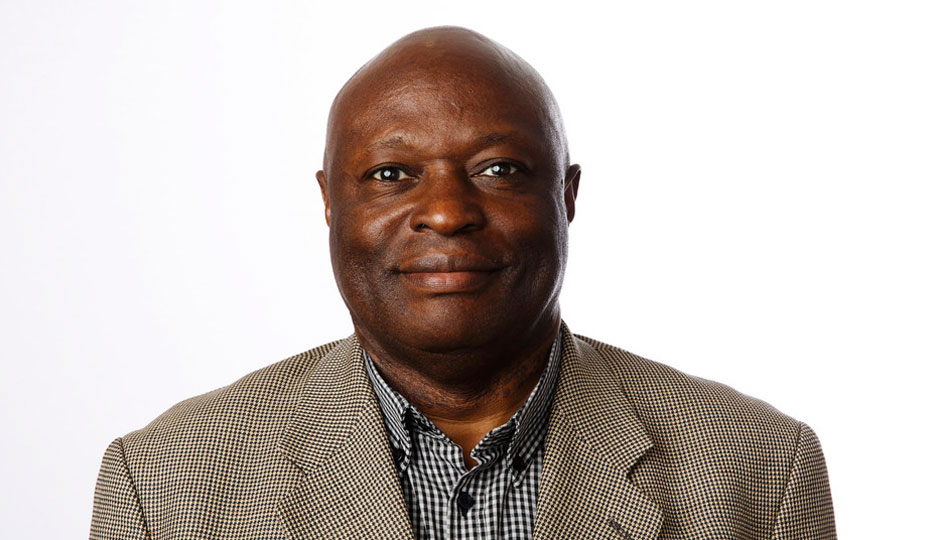
There are 1.2 billion young people, that’s people aged 15-24, in the world today. Many of these young people live in developing countries, and their numbers are fast-growing in low-income African countries.
Tom Anyonge is IFAD’s lead on youth and the issues around youth and agriculture. He talks about IFAD’s new strategy for working on youth issues, and how important working on this is for IFAD’s members at the Governing Council. Young people are playing a bigger role than ever, and why young people are so important for agriculture.
Find out more about what the International Fund for Agricultural Development's work. Young people are keeping farming real at IFAD.org/youth.
MTV award winning choreographer Sherrie Silver and African popstar Mr Eazi
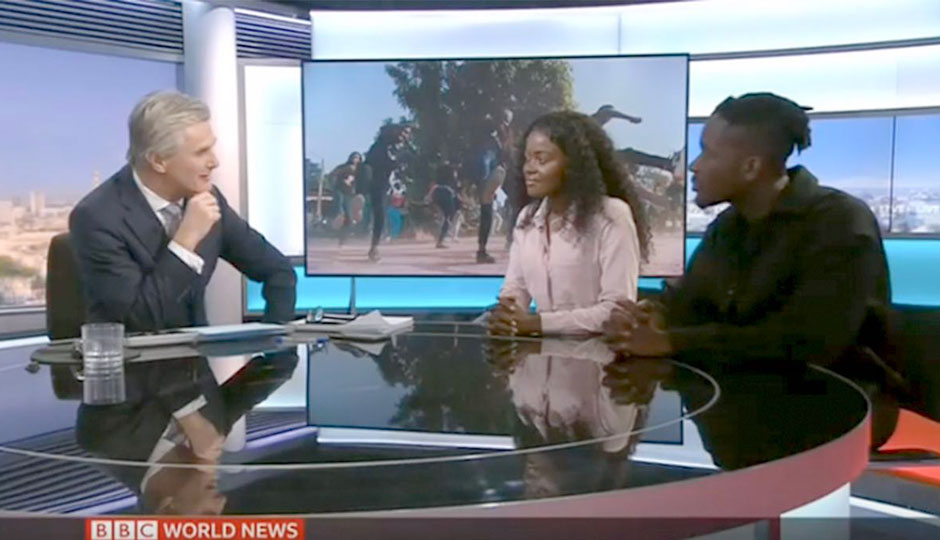
Last year IFAD launched an innovative global dance challenge. It asked young people to make their moves matter and record a 15-second dance video in support of creating opportunities for young people in some of the world's poorest countries.
The virtual dance petition launched on TikTok. It asked world leaders to invest more in sustainable agriculture and young people as a means to end global poverty and hunger. #DanceForChange features MTV award-winning choreographer Sherrie Silver, who is also IFAD's Advocate for Rural Youth, and African recording artist Mr Eazi.
They were recently interviewed by Tim Wilcox on BBC World TV. Sherrie was keen to tell Tim about the massive response the dance campaign has received.
Spicing up the chocolate market in India
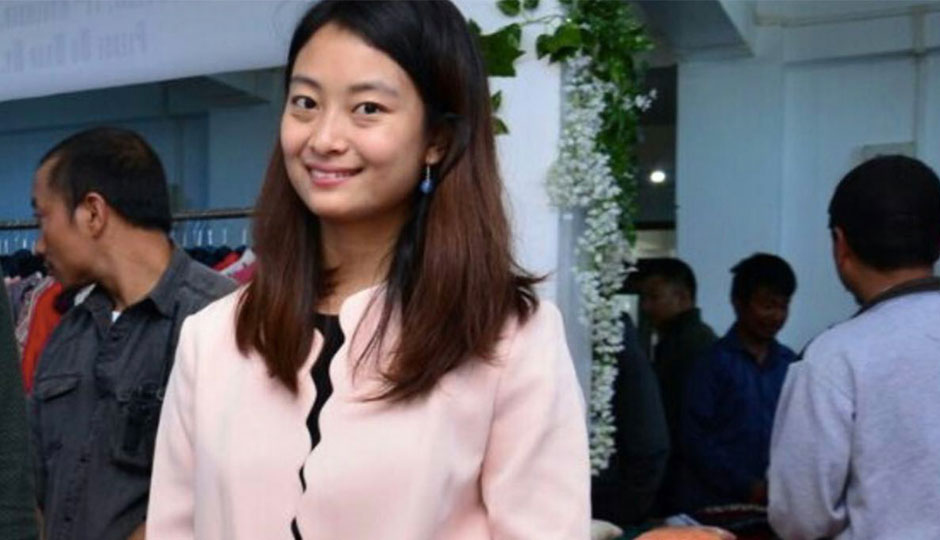
As we know most of the world’s young people live in developing countries, and mostly in rural areas. They face many challenges to make a living. Unemployment and lack of opportunities lead to mass emigration towards cities and richer countries. And this is removing a valuable workforce from local communities.
But some youths have taken this problem to heart. They are determined to stay in their hometowns to create new environments that foster innovation and local entrepreneurship.
Mara Sgroi has been investigating for IFAD and spoke to one of these young pioneers, Zeinorin Stephen, from Manipur, India. Zeinorin completed a Master’s degree in Fashion Management. She worked in the Fashion Industry for a while, but constantly felt the need to go back to her roots.
In 2017, she returned to her hometown, Ukhrul, to found her own startup “Hill Wild”. It gives chocolate an exotic twist by infusing it with local traditional spices. Coming from an indigenous minority, being young and a woman, Zeinorin tells us about the initial challenges she faced. Now she is using her success story to inspire other young people.
According to her, the key to youth empowerment is financial literacy and access to micro funding.
Zeinorin now uses her experience to help other young people establish their own business ventures. She is one of IFAD’s youth champions, and will be visiting IFAD’s headquarters in February for the General Council - to propose her solutions to regional youth challenges.
What makes IFAD a unique player in the development finance market
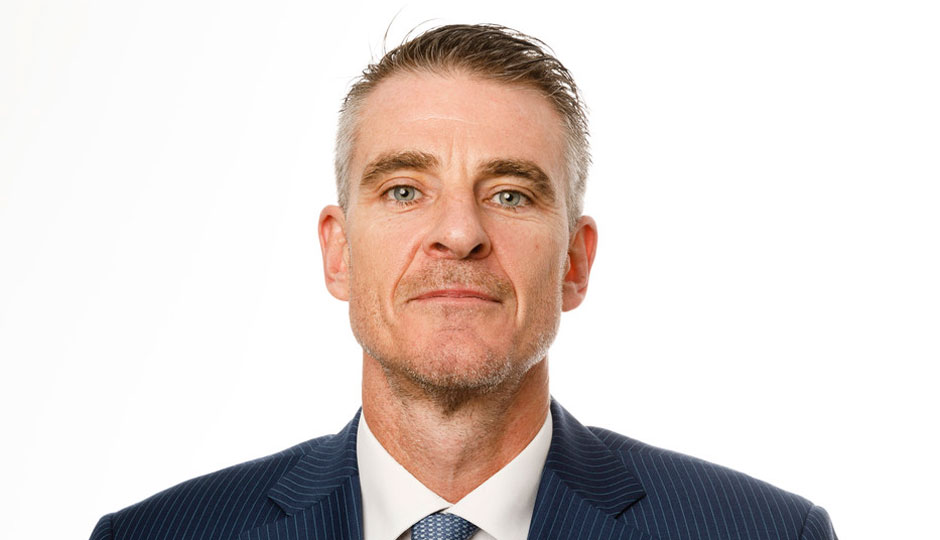
Getting the money to pay for development in a changing world can be challenging. And to do it, development organisations such as IFAD's need to show what they bring to the table in terms of effecting real and lasting change.
Ron Hartman is Director of IFAD’s Global Engagement, Partnership and Resource Mobilization Division, and on the podcast he discusses the importance of the issues IFAD invests in.
Keeping farming real with people centric projects - an update from Latin America
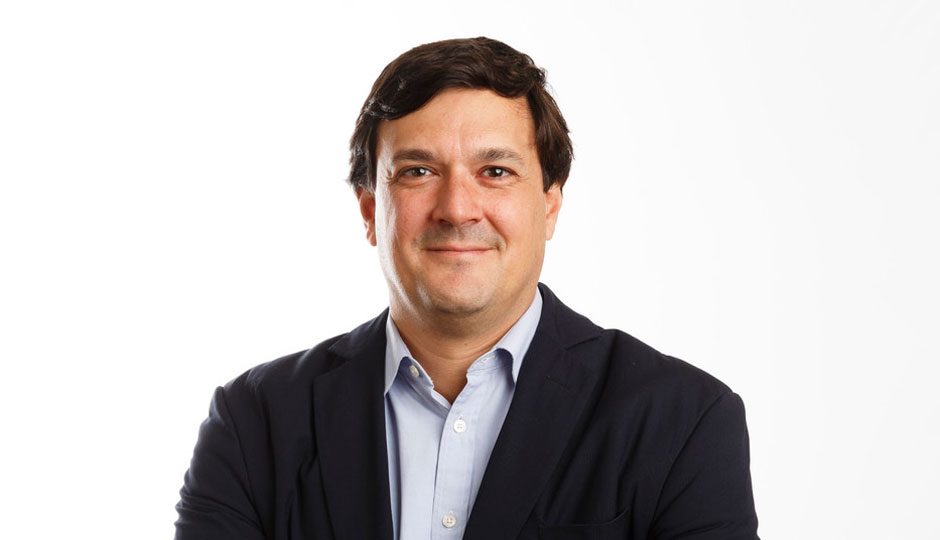
Development projects that integrate investments in rural indigenous people, youth and women with measures to adapt to climate change are more likely to be successful in Latin America and the Caribbean, according to IFAD’s Latin America and Caribbean Advantage Report. Oliver Page is IFAD’s Regional Climate and Environment Specialist for the region, and he provides insights on this month's episode.
Regional IFAD projects
The report itself was based on a review of all IFAD-supported projects in the region. It shows that this holistic approach, which also includes investments in better nutrition, has a sustainable impact and minimizes trade-offs and risks.
- In Haiti, IFAD–supported projects break down discrimination against women in agriculture, which previously undermined efforts to train farmers on how to adapt to climate change.
- Food insecurity for female-headed households is expected to drop from 85 to 50 per cent by 2023.
- Throughout the region, investments in the creation of strong youth networks have increased understanding among younger farmers of best practises when adapting to climate change.
- In Colombia, its network of 2,200 members in 70 local branches has managed to raise more than US$2 million from the Ministry of Agriculture in support of smallholder agriculture.
Indigenous knowledge
Drawing on indigenous knowledge systems is also paying dividends.
- In the Amazon Basin, indigenous communities are reintroducing hardy indigenous crops that are more resilient to unpredictable weather.
- This year, climate-related losses of crops have dropped by 20 per cent.
When it comes to regional projects and indigenous knowledge, one without the other is a recipe for short-term benefits only. And by investing across all areas we are truly laying the ground for long-term sustainable returns for the 17 million family farms in the region. On the podcast, Oliver explains about why IFAD is rolling out this new integrated way of working in Latin America and the Caribbean.
Keeping farming real - coming up next on our podcast
Thanks also to our reporter Mara Sgroi, our producers Francesco Manetti and John DÚlisse and everyone who’s worked on this programme, but most of all thanks to you for listening to this episode of Farms Food Future brought to you by IFAD.
We’ll be back at the end of February ahead of International Women's Day with news of how women are ringing in the changes, making the decisions and running the businesses in farming across the developing world.
And once again we’ll be trying to be Good for You, Good for the Planet and Good for the Farmers.